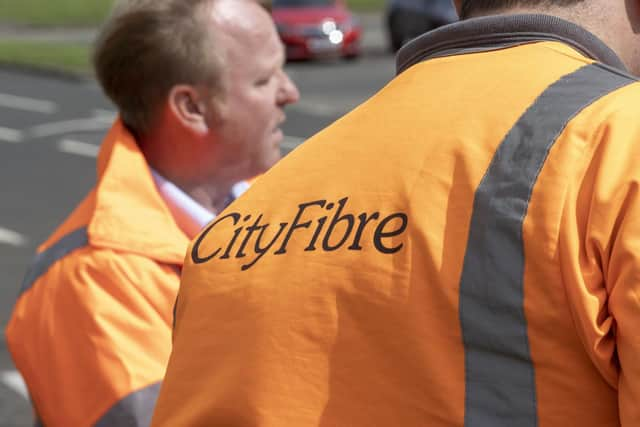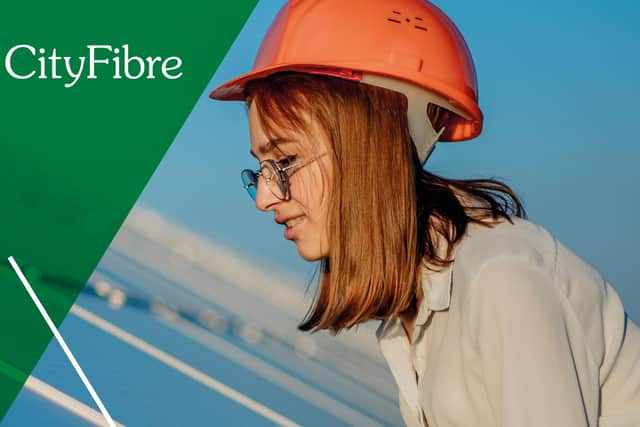Delivering a sustainable future – what role can full fibre play?


The COP26 conference in Glasgow has all eyes on the UK as representatives from around the globe come together to review the world’s progress towards the Paris Agreement’s climate targets and explore further measures to tackle climate change.
The summit focuses on issues relating to the environment, including technology and the pivotal role it could play in achieving net-zero and meeting environmental targets. As part of this, the conference featured the Tech for Our Planet challenge programme, which invited start-up technology companies to showcase innovations across four themes: our homes, our diets, being smarter with data and engaging communities in climate conversation.
UK-based start-up Agrisound, which is on a mission to create the world’s largest database on insect biodiversity using sensors, and OLIO, a tech company focussed on reducing food waste, are just two companies to showcase their innovations at the event, demonstrating just some of the ways technology could help us reach our climate goals.


We are still only in the early stages of seeing the benefits technology could bring to our fight against climate change. But what we do know is that reliable digital connectivity will be key to ensuring it can deliver its full potential. This is the enabler for most innovative technologies, and the best way to deliver reliable connectivity is by using full fibre networks.
Full fibre uses 100 per cent fibre optic cables to carry data at light speed all the way from the home to the point of connection, like a pristine open highway with no bumps in sight. With full fibre, we can guarantee the quality connectivity required to deliver smart environmental solutions, now and in the future.
Full fibre networks also have a host of practical environmental benefits. Firstly, they don’t require constant power to operate, so energy consumption is dramatically lower than electrified copper networks. Secondly, optical fibres are only slightly thicker than a human hair, making it possible to deploy using an economically viable, quicker, and less destructive technique known as ‘narrow-trenching’.
Finally, the passive, robust nature of fibre and its track record for fewer faults means it needs significantly less maintenance over time, especially when built following CityFibre’s ‘build once build right’ well-planned city approach.


With COP26 putting climate change and the drive to net-zero at the forefront of everyone’s minds, we at CityFibre recognise the role technology and connectivity can play. We want to make sure that, across the UK, communities have the digital infrastructure they need to embrace technologies that will deliver a more sustainable future.
This is just one of the many reasons why we are investing £62m to bring our world-class digital infrastructure within reach of almost every home and business here in Sunderland.
To find out more visit www.cityfibre.com.